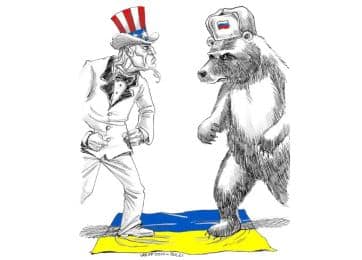International conflict cries out for statesmanship. It calls for the kind of leadership that rises above the passions of the moment, takes the long view, considers the legitimate interests of all, and looks for creative solutions. The temperament of statesmanship is...


